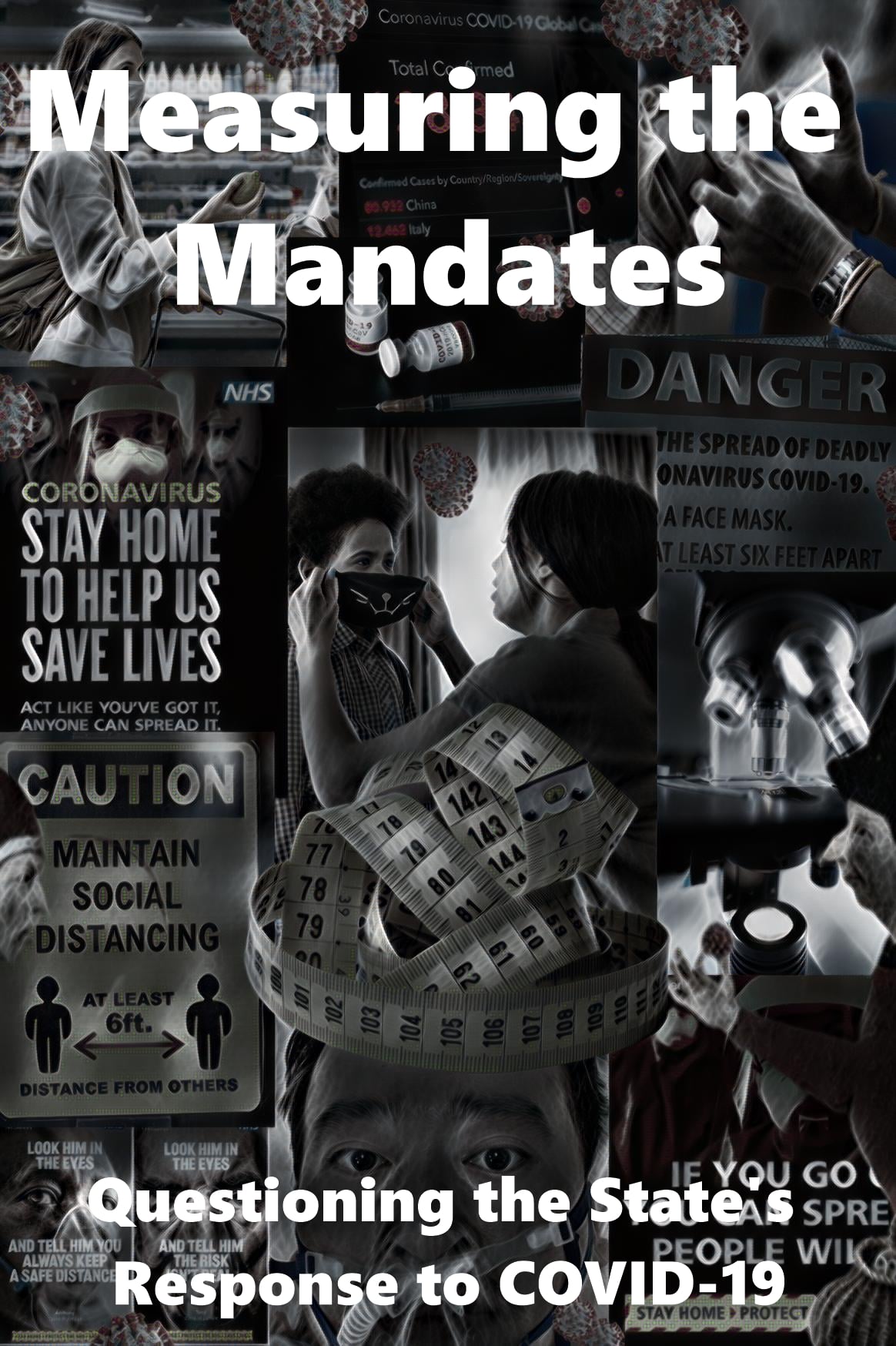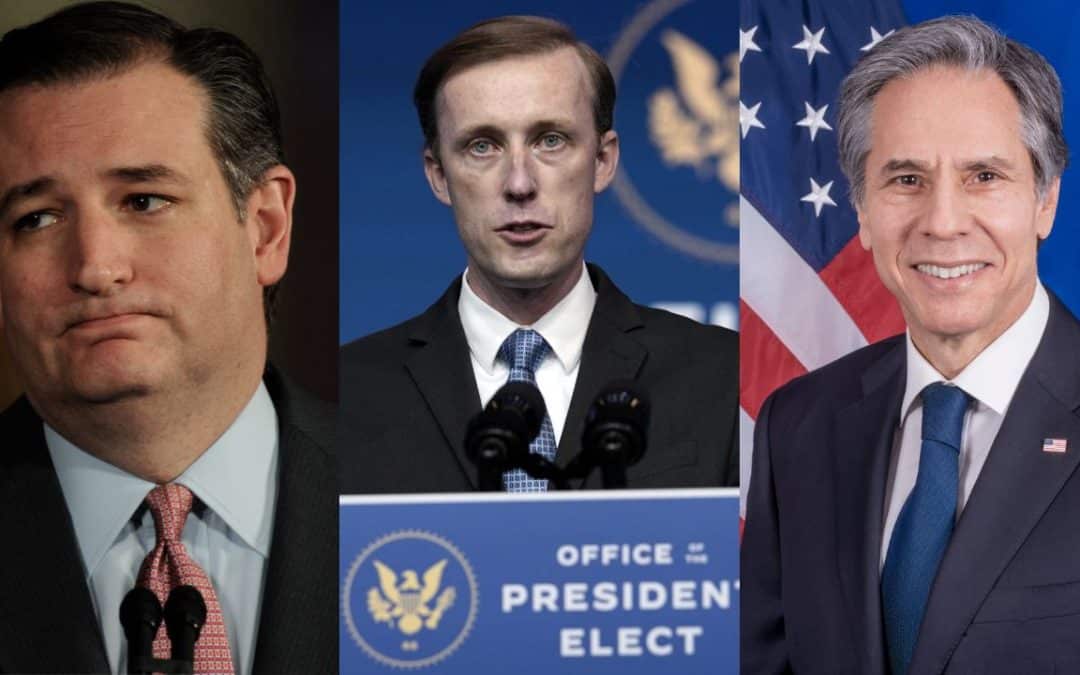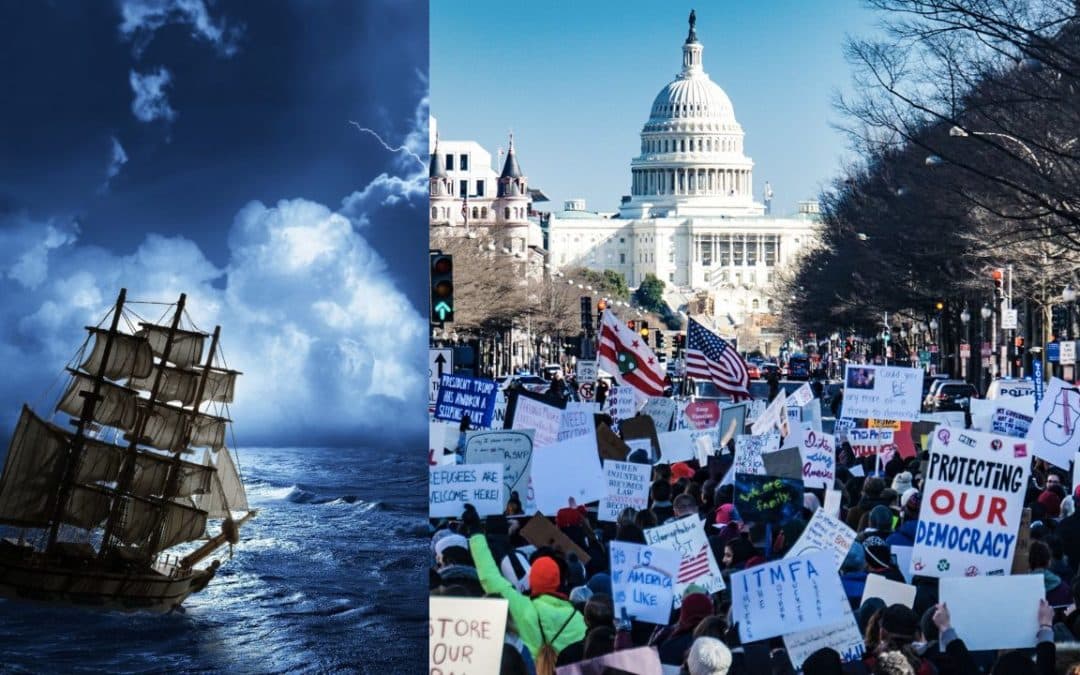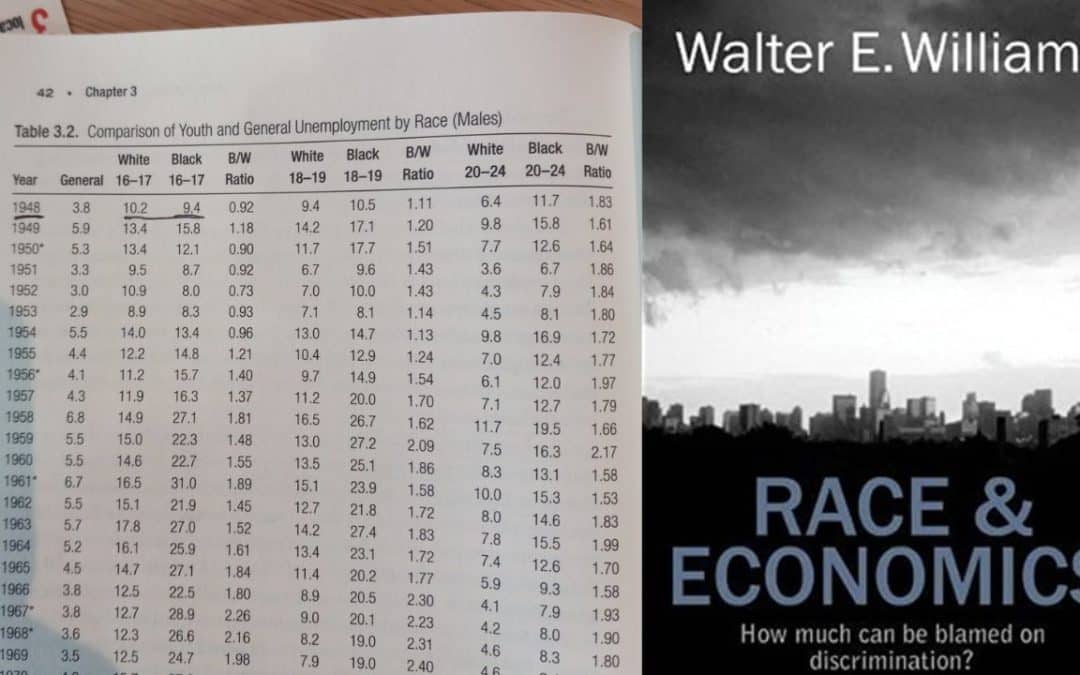I’ve had the opportunity to write a short book offering what is essentially an anarchist critique of COVID mandates. This includes the accusation that states did most of the killing rather than the virus.
The 123-page book, Measuring the Mandates: Questioning the State’s Response to COVID-19, can be downloaded here.

















